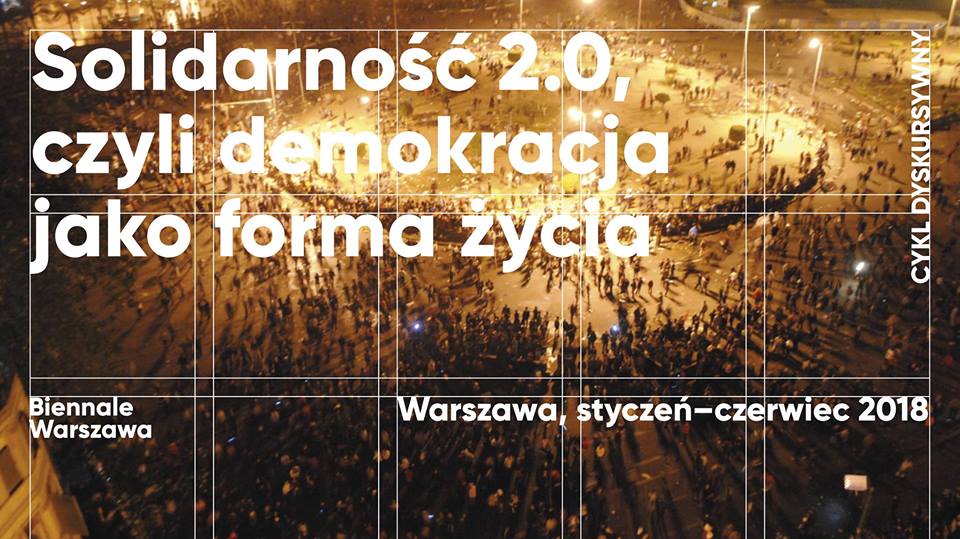A general assembly as the core of radical political mobilizations: Arab Spring, Indignant Ones, Occupy
Lecture by Jan Sowa

In 2011, a wave of democratic mobilizations and revolutions swept through the world. Its trajectory was quite paradoxical, because contrary to cultural and religious stereotypes, the source of these events was the world of Islam: within the so-called Arab Spring, the people of Tunisia, Egypt and many other countries of the Maghreb and the Middle East went out into the street and in the name of the ideals of democracy, freedom and self-determination began occupying the public spaces that have shaken the socio-political order of the region. In the summer and autumn of the same year, similar mobilizations overwhelmed Western countries – from Spain to the USA – activists pointed to the Arab Spring as the main source of inspiration. At the centre of all these movements was the institution of the general assembly – an ultra-democratic practice of self-regulation of plurality. It is not only related to a certain set of ideas, but also with a specific practice of communication and decision making. It belongs to one of the paradigmatic examples of the democratic form of life.